Labor’s long-term gas vision ignites critics
Labor’s plan to expand gas production faces key hurdles to meet supply shortfalls, including new energy infrastructure and a Greens party vowing to derail the government’s legislative agenda.

Navigating complex approvals, legal challenges, declining finance options, government interventions and a declining “social licence” for gas operations all loom as major challenges to Anthony Albanese’s plan to expand gas production and secure a smooth transition to net zero by 2050.
The Future Gas Strategy, released on Thursday, reveals the scale of the transformation required for Australia to meet demand through to 2050, given supply shortfalls forecast from 2028 on the east coast and by 2030 on the west coast.
For the east coast market to have sufficient supply to 2035, the strategy said existing reserves would need to be developed from potential locations in the Bowen, Surat, Galilee, Cooper, Beetaloo, Gippsland, Bass and Otway basins.
Meeting demand “through to 2050” would likely require looking at the development of new pipelines from northern Australia to the southern states; creation of east coast LNG import terminals; provision of more gas from LNG producers to the domestic market; maximisation of production from existing gas reserves, and; development of new gas fields.
“Without future investment, there are real risks gas will become unaffordable and unavailable to Australian households and industry well before 2050,” the strategy said.
Labor has framed the strategy as key to realising its Future Made in Australia agenda, but will need to overcome significant opposition from the Greens and environmental groups.
Greens leader Adam Bandt on Thursday warned the gas expansion strategy “puts Labor’s legislative agenda at risk”.
“Why should the Greens work with Labor on legislation that apparently cuts pollution if Labor’s going to underdo all that good work and increase pollution by backing new coal and gas out past 2050?” he said. “Labor has lost all climate credibility … Make no mistake, Labor is now threatening Australian lives and livelihoods.”
Anthony Albanese said on Thursday the Future Gas Strategy – which has been ticked off by cabinet – was about assisting the nation on its net-zero trajectory and providing a much needed “firming capacity” to complement the growth in renewables.
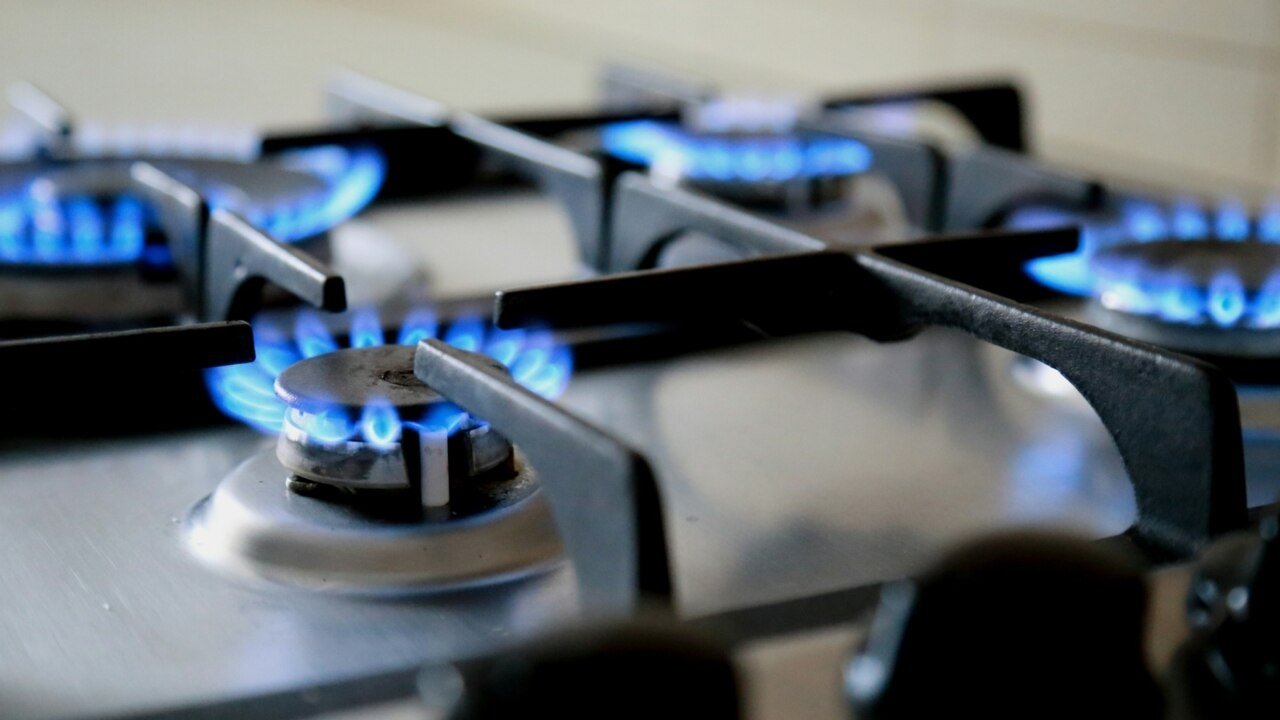
“My government’s committed to a net-zero future,” the Prime Minister said.
But there were also concerns in government ranks. Labor MP Josh Burns, who holds the Melbourne seat of Macnamara, under threat from the Greens, said “not a cent of public money should be spent on new gas or resources projects that don’t help us transition to a low-emissions economy”.
Jerome Laxale, the Labor MP for the seat of Bennelong, said: “I believe that we need to be moving away from fossil fuels, not championing them. While we know that many in the community understand the role of gas in the transition away from fossil fuels … our government should continue to execute this transition as quickly as possible.”
Earlier this month, Energy Minister Chris Bowen said the “market will determine what’s the most viable (gas) projects in the earliest possible time frame”.
Grattan Institute energy program director Tony Wood said the strategy set out a broad vision but did not explain how it could be achieved. He suggested major infrastructure such as gas pipelines would fail to attract finance without being underwritten by the government.
“How are you going to get that infrastructure built?” he asked. “The government needs to be much clearer here about how it’s going to work.”
Responding on Thursday, the gas sector warned there was a conflict between the new strategy’s objectives and the policies being pursued by state governments.
Santos CEO Kevin Gallagher said the industry’s future depended on reducing emissions. “The only way you can really abate it effectively and at scale is through carbon capture and storage,” he said.
Mr Gallagher was not worried about the proposed introduction of new “use it or lose it” measures that would force companies to develop gas fields and not sit on them, provided any new powers were administered properly.
“We have just gone through a couple of years where you could ‘use it’ but get nothing done because we were held up with approval and regulatory roadblocks,” he said. “We all want to ‘use it’. But you have to have a balanced approach to allowing the approval processes to be effective and support our development aspirations.”

Noel Newell, executive chair of 3D Energi – a Bass Strait explorer in a joint venture with energy giant ConocoPhillips – said there was now a “significant contradiction in gas policy between the largest Australian gas user state, Victoria, and the new federal strategy”.
“Real action and government leadership is now needed to address the barriers to new gas supply and investment and to re-establish Australia’s position as a reliable and trusted trade and investment partner,” he said.
Australian Energy Producers CEO Samantha McCulloch said the strategy was an “opportunity to reset gas policy” but delivering on its objectives would require a “whole-of-government response and national leadership to bring state governments on board”.
“The success of the strategy will be determined by whether it delivers meaningful policy reforms that address the barriers to new gas supply and investment, and that recognise the central role of gas in the energy transformation,” Ms McCulloch said.
Business Council of Australia CEO Bran Black said the strategy struck the “right balance” by ensuring the nation could transition to net zero while “keeping prices down, delivering reliable power supply and retaining jobs”.
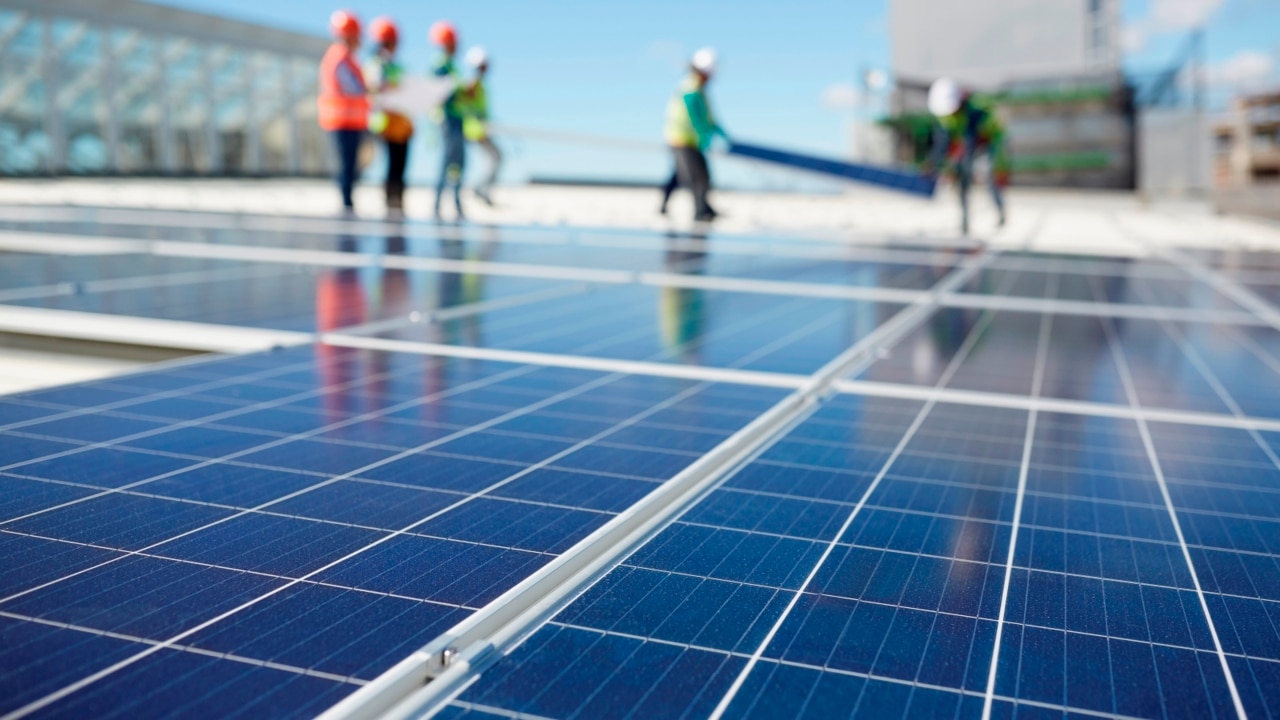
Climate Council head of policy and advocacy Jennifer Rayner said more gas meant “more climate pollution and a more dangerous future – it’s that simple”. “The Albanese government has a choice: cut climate pollution and seize the decade by scaling up clean energy, or support new gas projects. It can’t do both,” she said. “Today’s announcement is more Back to the Future than Future Made in Australia.”
Greenpeace Australia Pacific CEO David Ritter said the Future Gas Strategy was a betrayal of Labor’s commitment to deliver decisive climate action. “This is no better than a smoker saying they are giving up, but in reality just swapping one brand of cigarettes for another,” Mr Ritter said. “Minister King’s so-called strategy might as well have been written by the fossil fuel lobby.”

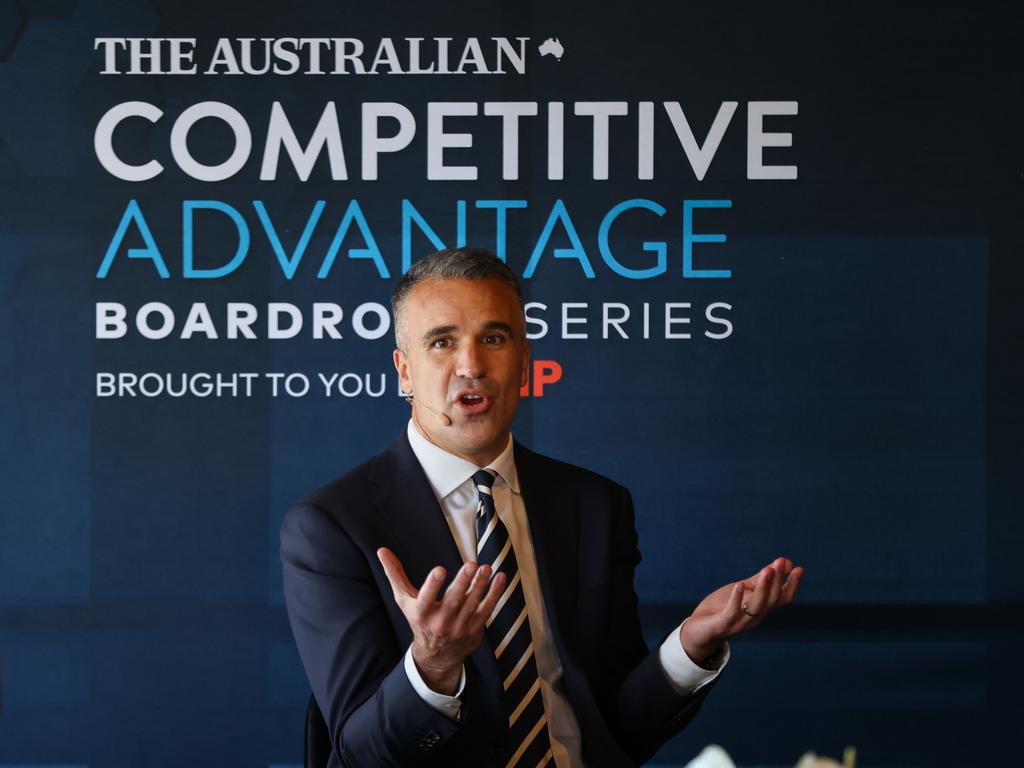



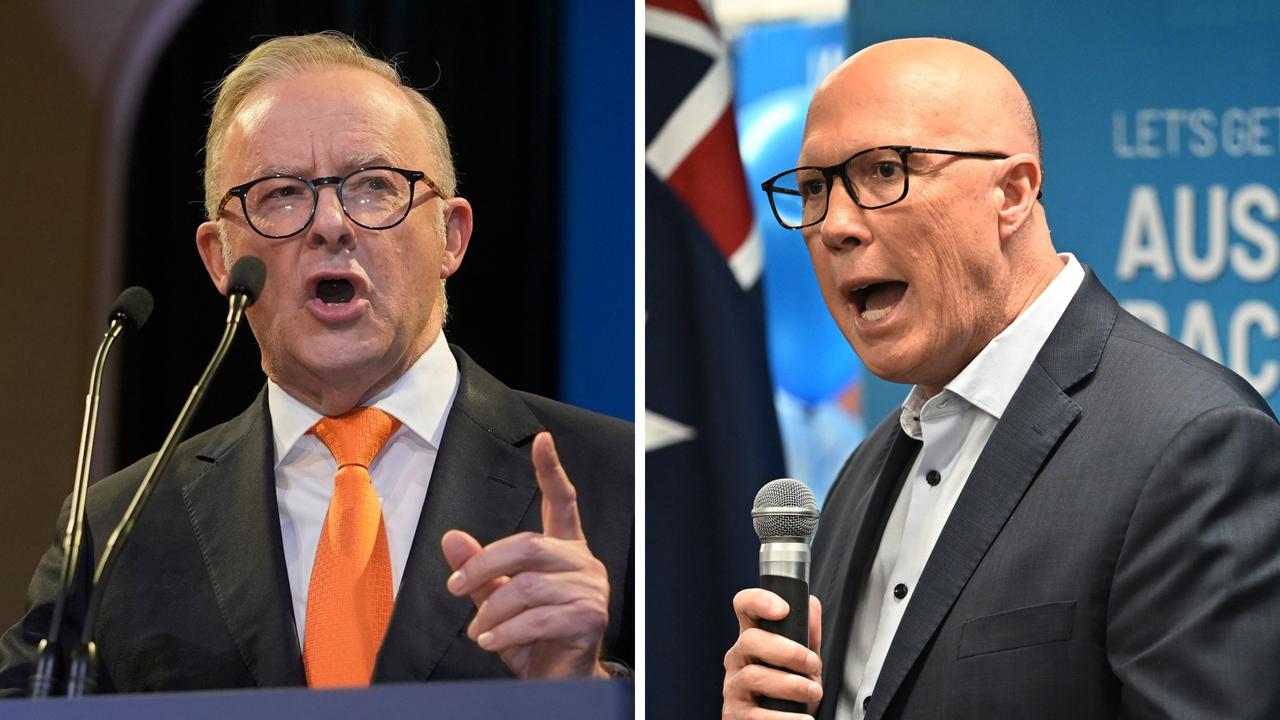
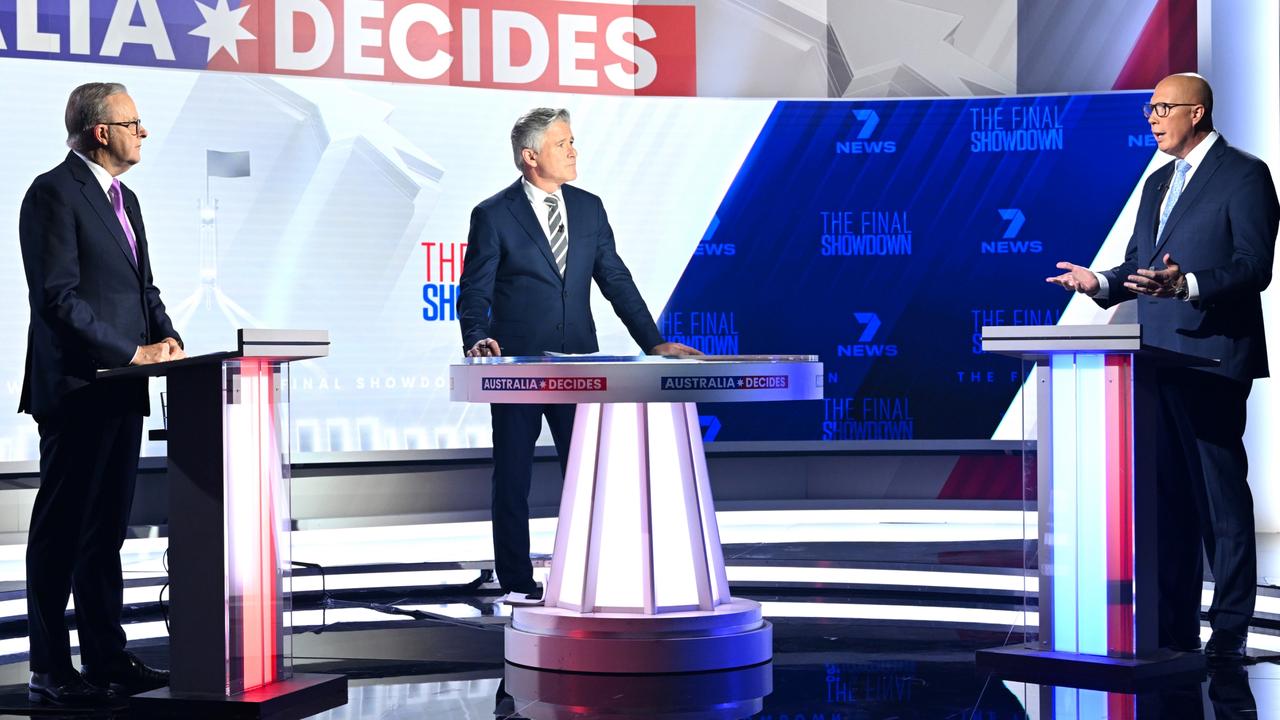
To join the conversation, please log in. Don't have an account? Register
Join the conversation, you are commenting as Logout